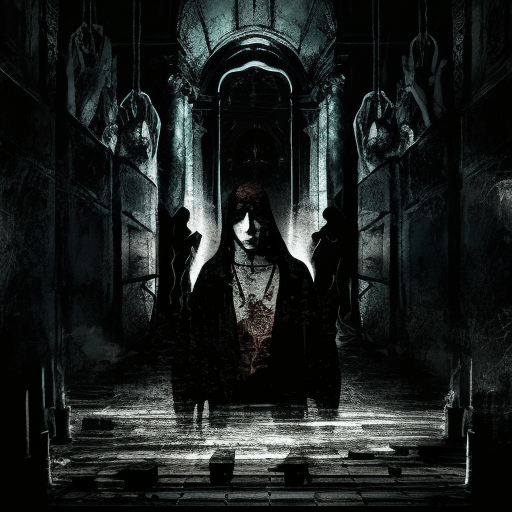One-line Summary:
In Fyodor Dostoevsky’s “Crime and Punishment,” a tormented young man named Raskolnikov commits a heinous crime and grapples with the psychological and moral consequences.
The Plot:
Set in St. Petersburg, Russia, “Crime and Punishment” follows the story of Rodion Raskolnikov, a destitute former student. Raskolnikov, burdened by poverty and a nihilistic worldview, believes that some individuals are extraordinary and therefore exempt from societal laws. He concocts a plan to murder Alyona Ivanovna, a pawnbroker, arguing that her death would serve a greater purpose by allowing him to use her wealth for the betterment of society.
Driven by desperation and a desire to prove his theory, Raskolnikov carries out the gruesome act. However, he is soon consumed by guilt and paranoia. As the investigation into the murder unfolds, Raskolnikov’s mental state deteriorates, leading to intense psychological turmoil.
Throughout the novel, Raskolnikov interacts with a cast of complex characters who serve as mirrors to his own internal struggles. Sonya Marmeladova, a young prostitute, becomes a source of redemption and moral guidance for Raskolnikov. Porfiry Petrovich, the shrewd detective assigned to the case, skillfully manipulates Raskolnikov, attempting to elicit a confession.
As the pressure mounts, Raskolnikov’s guilt becomes unbearable, and he eventually confesses his crime. In the aftermath, he is sentenced to exile in Siberia, where he begins a process of self-reflection and redemption.
Themes:
The Nature of Crime and Punishment:
“Crime and Punishment” explores the psychological and moral consequences of committing a crime. Raskolnikov’s belief in his own superiority leads him to rationalize murder as a justifiable act. However, the novel challenges this notion, illustrating that guilt and punishment are inevitable outcomes of such actions.
The Struggle Between Good and Evil:
Dostoevsky delves into the complexities of human nature, highlighting the constant battle between good and evil within individuals. Raskolnikov’s internal conflict serves as a microcosm of this struggle, as he grapples with his conscience and the consequences of his actions.
The Power of Redemption:
Central to the novel is the theme of redemption. Through the character of Sonya, Dostoevsky explores the transformative power of love, faith, and forgiveness. Sonya’s unwavering support and moral guidance ultimately lead Raskolnikov towards redemption and a path of self-discovery.
Key Takeaways:
- The novel delves into the psychological and moral consequences of committing a crime.
- It explores the constant struggle between good and evil within individuals.
- Redemption and the power of love and forgiveness are central themes.
Memorable Quote:
“Pain and suffering are always inevitable for a large intelligence and a deep heart. The really great men must, I think, have great sadness on earth.”
– Fyodor Dostoevsky
In “Crime and Punishment,” Dostoevsky masterfully weaves together a gripping narrative with profound philosophical and psychological insights. The novel serves as a powerful exploration of the human condition, delving into themes of crime, guilt, redemption, and the struggle between good and evil. Through Raskolnikov’s journey, readers are confronted with the consequences of immoral actions and the potential for redemption through love and forgiveness.












